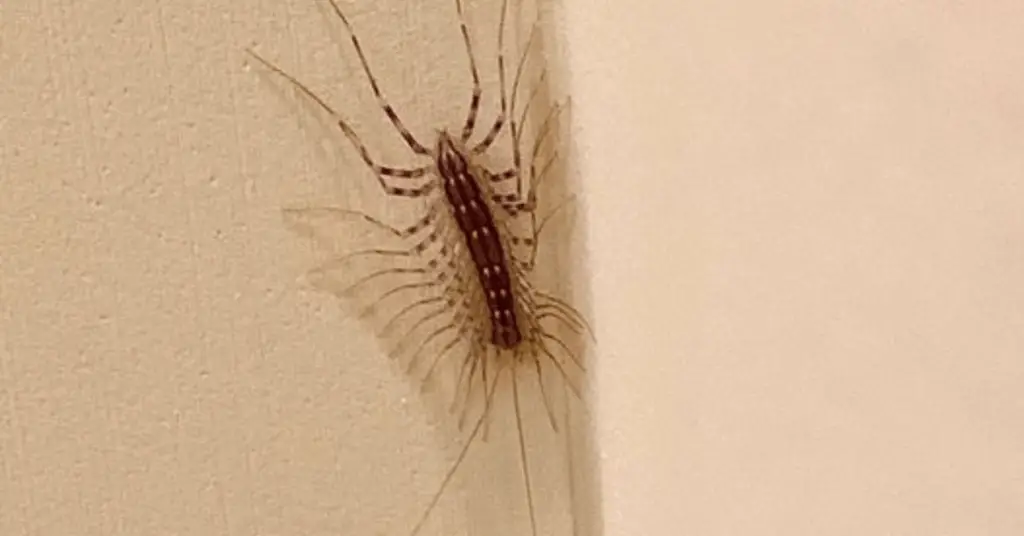Why You Shouldn’t Kill House Centipedes in Your Home
By admin / July 31, 2024 / No Comments / Everything Else
It’s a common reaction to squash any insect we see indoors, especially since many can carry harmful substances that pose risks to us and our homes. However, there’s one insect you might want to reconsider killing: the house centipede.
With their many legs and unsettling appearance, house centipedes often evoke fear and disgust. Despite their creepy looks, they are actually quite beneficial. These small arthropods are natural predators of many household pests that can cause real problems.
Next time you spot a house centipede in your bathroom or bedroom, think twice before reaching for a shoe. Though they might look scary, house centipedes play a vital role in keeping your home free of other pests. They prey on ants, spiders, cockroaches, silverfish, bedbugs, and more, helping to keep your living space cleaner and healthier.
House centipedes are particularly good at hunting down other insects, including their larvae and eggs, which can help prevent infestations before they start. They also help reduce the spread of diseases carried by other insects. Since they don’t fly or jump much, house centipedes are unlikely to invade your living space aggressively.

While it’s good to appreciate their pest control services, it’s also important not to let them overrun your home. If you come across a couple, it’s best to leave them be.
The centipedes commonly found in homes are different from the worm-like creatures you might imagine. House centipedes are smaller, with around twenty legs, and are highly efficient at managing populations of potentially harmful insects.
If the sight of house centipedes bothers you, consider gently guiding them outside instead of killing them. Squashing them could release even more pests, like spider babies, into your home.
Although house centipedes are relatively harmless, some other insects pose significant health risks. For example, mosquitoes can transmit diseases such as malaria, dengue fever, and the Zika virus. Ticks can carry Lyme disease and Rocky Mountain spotted fever, both serious if untreated.
Bees and wasps, though generally non-aggressive, can cause severe allergic reactions in some people, while fire ants deliver painful bites that can lead to severe inflammation or even anaphylactic shock in sensitive individuals.
It’s important to distinguish between harmful and harmless pests. While house centipedes may look frightening, they are part of a natural pest control system in your home, unlike more dangerous insects such as mosquitoes and ticks.
Therefore, it’s essential to adopt a balanced approach to household pests. While some insects should be controlled or removed due to health risks, others, like house centipedes, should be allowed to do their beneficial work. By understanding the role each insect plays, we can make more informed decisions about which ones to eliminate and which to leave alo
